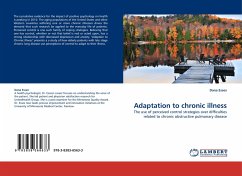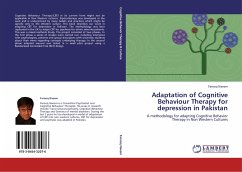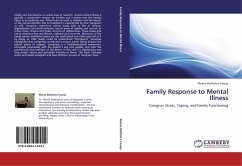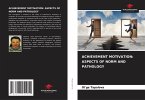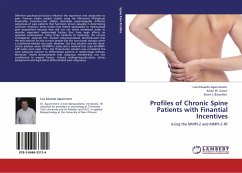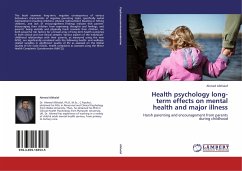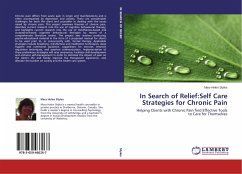The cumulative evidence for the impact of positive psychology on health is peaking in 2010. The aging populations of the United States and other Western countries suffering one or more chronic illnesses drives the demand that such research be applied to the everyday life of patients. Perceived control is one such family of coping strategies. Believing that one has control, whether or not that belief is real or acted upon, has a strong relationship with decreased depression and anxiety. "Adaption to Chronic Illness" presents a a study of how elderly patients with late stage chronic lung disease use perceptions of control to adapt to their illness.
Bitte wählen Sie Ihr Anliegen aus.
Rechnungen
Retourenschein anfordern
Bestellstatus
Storno

